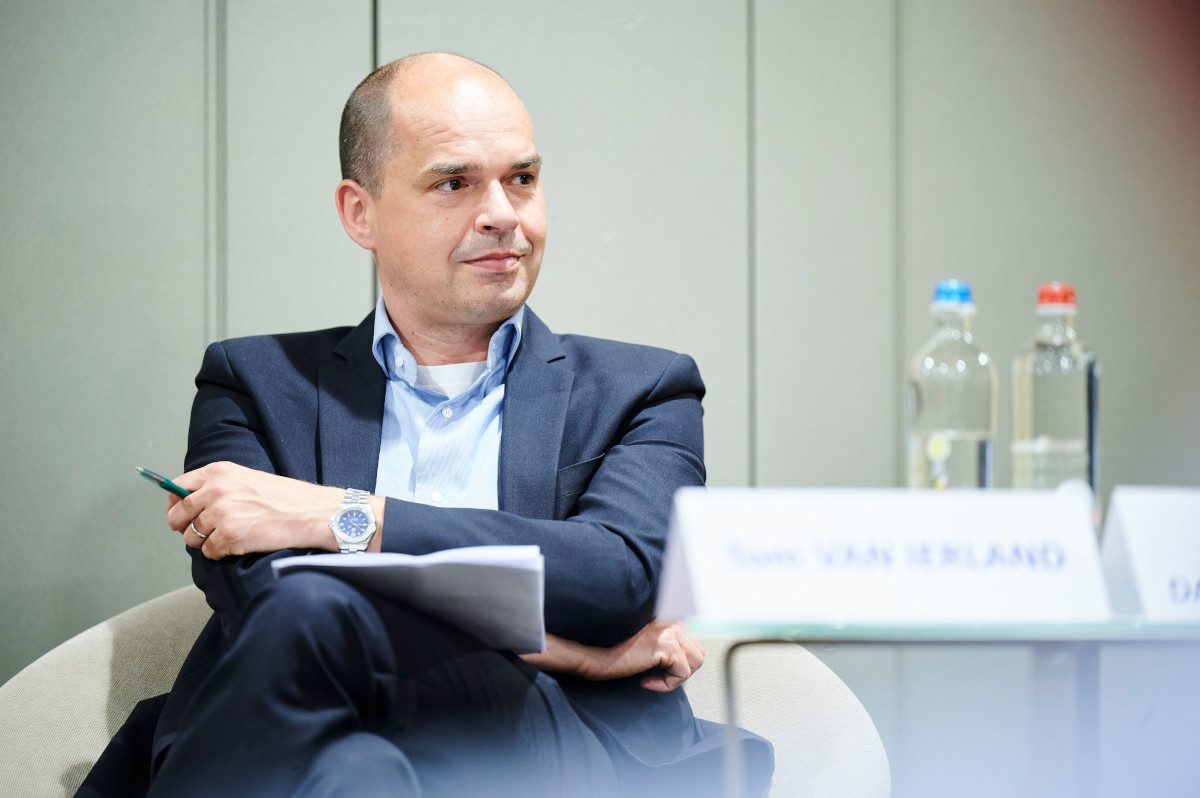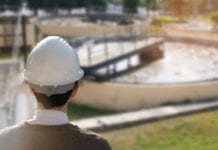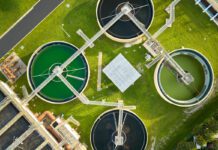
Trade organisations CEIR, Pneurop and Europump recently held a Joint conference to consider the EU’s roadmap for industrial support. Under the working title of ‘Sustainability and Decarbonisation: how can the EU’s industrial policy support industry’s efforts?’, the event’s core aim was to assess the European Commission’s assertion, following the latest updates to its New Industrial Strategy, that it will rely heavily on industry to deliver on the major challenges faced by European economies and societies. Quite a task appears to be at hand given the complexities surrounding such a wide-ranging set of demands and aspirations. A great deal of ground was covered, both in the plenary debate with representatives from the European Parliament and European Commission, as well as in the parallel technical sessions. Here, Ken Hall of Calpeda Pumps, and Honorary Life Member of the Europump Council, offers a brief round-up of the main touchpoints.
The event considered climate change, research and innovation, digital transformation, CBAM, sustainable taxonomy, circular economy and eco-design, as well as the restriction of certain metals and substances due to environmental concerns. However, it became obvious that whilst similar goals are being followed by both the EU Institutions and the pumps, compressors, taps and valves sectors, the challenges encountered on this journey are not always the same for each.
Our societies and our economies are changing, and at a faster pace than ever before, and this affects the way we consume and in turn the way we produce, which inevitably impacts on the requirements and expectations for those operating within the pumps, compressors and taps and valves industries.
There is no question that Europe needs to become a climate-neutral continent. ‘Green’ will become ever more prominent on the agenda of the EU and its technology industries.

Attendees also learnt that the two biggest drivers of change at policy level are the digital and the green transformation, quite aptly named the ‘twin transition’ as they will inevitably go hand-in-hand. But underneath these two main considerations are a vast number of individual measures regulating most aspects of everyday business, affecting product design, production processes, supply chains, the materials and substances being used, as well as the way in which data is managed.
It was (and is) readily acknowledged that the three sectors represented by this conference have a role to play in this transition, and the examples in terms of innovation and sustainability presented by the industry representatives (Sofia Svingby, Nudan Yücel, and Alexandre Lacour) during the plenary debate clearly demonstrated the seriousness with which that responsibility is being undertaken.
To guarantee a smooth transition, extensive exchanges between industry and policy makers will be required. It is crucial for this industry (and others) to be given a voice in shaping further legislation and its implementation. Policy measures need to undergo a ‘reality check’ prior to implemention, and attention must be given to avoid smothering industry in over-regulation – with the counterproductive effect of weakening competitiveness. Small and medium-sized companies can easily get lost in the regulatory jungle and incur crippling costs trying to comply and adapt to new rules. This must therefore remain an important consideration.
The two key ‘take-aways’ from the conference were:
• The green and digital transition are the foundation for a competitive economy.
• This transition, and the implementation of measures along the way, need to go hand-in-hand with industry.
The official aim of the EU’s industrial policy is to ensure European industry becomes more competitive as a driver of sustainable growth and employment. For this we need the EU, but for it to work, the EU needs us.
In this respect, the work we do at CEIR, Pneurop and Europump, our constant dialogue with policy makers, as well as strong alliances with stakeholders, are the foundation for our industries to strive and to grow. This event was a perfect demonstration of what needs to be done, and what can be done when we join forces.
Further information on the work carried out by Europump can be found at https://europump.net/. For specific enquiries, email the Europump secretariat – secretariat@europump.org







